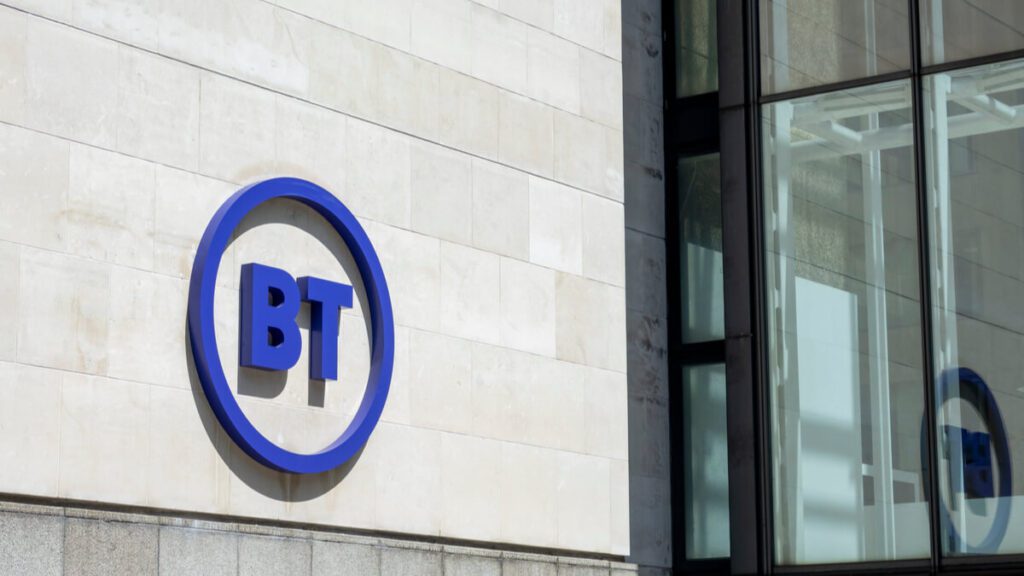
British telecom giant BT is being slapped with a class action lawsuit over allegations that it has been overcharging elderly customers for eight years.
The lawsuit came in the wake of a 2017 report from telecoms watchdog, Ofcom, which found that the operator had been overcharging 2.3 million of its landline customers since 2009.
Since then, BT reduced the price of its landline service by £7 ($9.48) a month.
However, campaigners at the helm of the lawsuit argue that “loyal customers” are yet to be compensated.
London-based law firm Mishcon de Reya has filed a £600 million litigation to the Competition Appeal Tribunal (CAT).
If successful, this would result in each of the 2.3 million overcharged customers receiving payments of £500 each.
The case represents customers who purchased a BT landline contract but did not also take BT broadband or pay TV packages.
“Ofcom made it very clear that BT had spent years overcharging landline customers but did not order it to repay the money it made from this,” Campaigner Justin Le Patourel, founder of consumer group Collective Action on Landlines (CALL) and a telecoms consultant who worked for Ofcom for 13 years, told reporters.
Le Patrourel added that the compensation process begins with the filing of this claim.
In response, BT issued a statement “strongly disagreeing” with the claim that it had engaged in anti-competitive behavior and intends to defend itself “vigorously” in court.
“We take our responsibilities to older and more vulnerable customers very seriously and will defend ourselves against any claim that suggests otherwise,” a BT spokesperson said in the statement, adding that “for many years we’ve offered discounted landline and broadband packages in what is a competitive market with competing options available, and we take pride in our work with elderly and vulnerable groups.”
BT highlighted that it regrets being drawn into litigation on a topic which Ofcom considered more than three years ago. “At that time, Ofcom’s final statement made no finding of excessive pricing or breach of competition law more generally,” the operator said.
Ofcom’s 2017 report had uncovered that the wholesale price of providing landlines had dipped by at least 25 percent since 2009, but that all major landline providers in the UK had hiked line rental charges upwards between 28 percent and 41 percent.
Initially, Ofcom strongly criticized BT for raising prices, noting that customers were being given “poor value” for money. It added that many of the affected customers had “been with BT for decades” and were more likely to be old, on low incomes and vulnerable.
As a result of the watch dog’s review, BT announced that it would slash its landline prices by £84 a year.